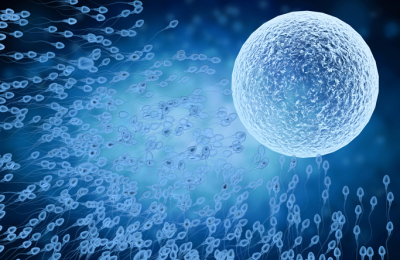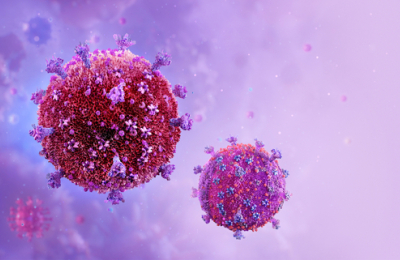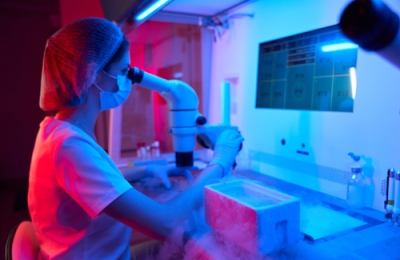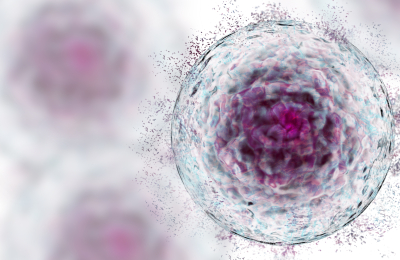
In a breakthrough discovery, researchers have successfully eradicated HIV from cells within a laboratory setting, sparking optimism for a potential cure. Leveraging the revolutionary gene-editing tool, Crispr-Cas, which earned the Nobel Prize in 2020, scientists meticulously targeted HIV DNA, effectively purging all remnants of the virus from infected cells. Acting akin to molecular scissors, this technology adeptly slices DNA at precise junctures, facilitating the removal of undesirable genes or the introduction of new genetic material into cells.
The researchers, spearheaded by Dr. Elena Herrera-Carrillo and her team comprising Yuanling Bao, Zhenghao Yu, and Pascal Kroon at Amsterdam UMC, Netherlands, are fervently striving to develop a robust and secure Crispr-Cas regimen. Their objective is to create an inclusive 'HIV cure for all' capable of neutralizing diverse HIV strains across various cellular environments. This endeavor marks a significant stride towards formulating a cure strategy, according to the study authors.
Given that HIV can infiltrate diverse cell types and tissues within the body, the researchers are diligently exploring avenues to confront the virus wherever it lurks. Their recent study, unveiled at the European Congress of Clinical Microbiology and Infectious Diseases, homed in on conserved segments of the virus present across all known HIV variants. This approach aims to furnish a comprehensive therapy capable of combating multiple HIV strains effectively.
Despite these promising results, the researchers caution against premature declarations of a functional HIV cure. They emphasize the need for further optimization of the delivery mechanism to target the bulk of HIV reservoir cells, ensuring the safety and efficacy of future clinical applications. While the preliminary findings are encouraging, the researchers underscore the necessity of prudence before embarking on human clinical trials for an HIV cure.








































































